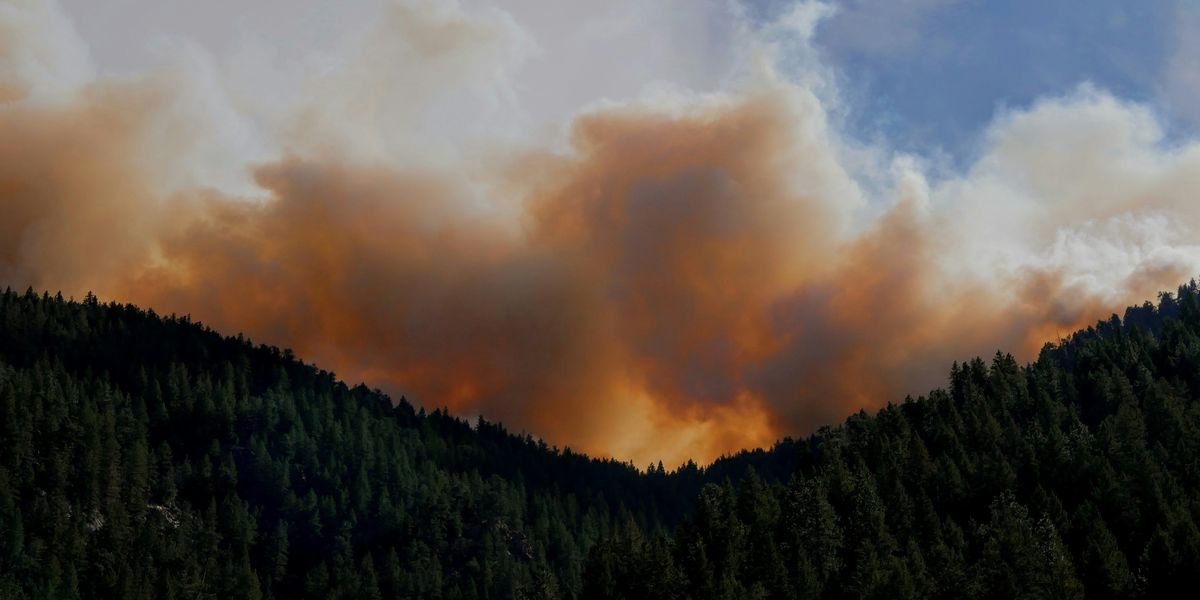lyme disease
Climate change to boost Lyme disease cases in northeast and midwest U.S. by over 35%, study finds
A recent study published in the journal EcoHealthfound that as climate change progresses, Lyme disease cases are set to increase dramatically in the northeastern and upper midwestern U.S.
Ticks on the rise: a family's encounter reveals growing concerns
Increasing tick population are not just a rural concern but a growing threat in city parks as well, highlighting the need for awareness and protective measures against these disease-carrying pests.
In short:
- The UK Health Security Agency notes a steady rise in tick encounters, with certain species like Ixodes ricinus posing significant health risks due to their ability to transmit diseases like Lyme.
- Ticks are adapting to changing climates, expanding their habitats, and increasing in numbers, raising concerns for both human and animal health.
- Preventative measures, including clothing choices and tick checks, are essential for reducing the risk of tick bites and the diseases they can carry.
Key quote:
"The population of ticks is increasing. We need to be aware of them and we need to know how to protect ourselves."
— Arlene Brailey, Lyme Resource Centre
Why this matters:
Ticks, those tiny yet formidable arachnids, are not only a nuisance during outdoor adventures but also pose significant health risks due to their ability to transmit a variety of diseases. One of the primary reasons for the surge in tick populations is believed to be linked to climate change: Disease-carrying insects like ticks prefer warmer winters, early springs and hot summers.
A new approach to stopping ticks — with an old drug
Ontario tracks spread of tick-borne illnesses; top doctor links it to climate change
Ontario’s top doctor expects to see a growing number of cases of three types of tick-borne illness in the province, in addition to Lyme disease — a spread he says is directly linked to climate change.
How bad will the ticks be this summer?
Pennsylvania leads the nation in Lyme disease. The state is responding with new tick testing, research and education
Pennsylvania is predicted to get warmer and wetter as a result of climate change, and ticks thrive in those conditions.



















